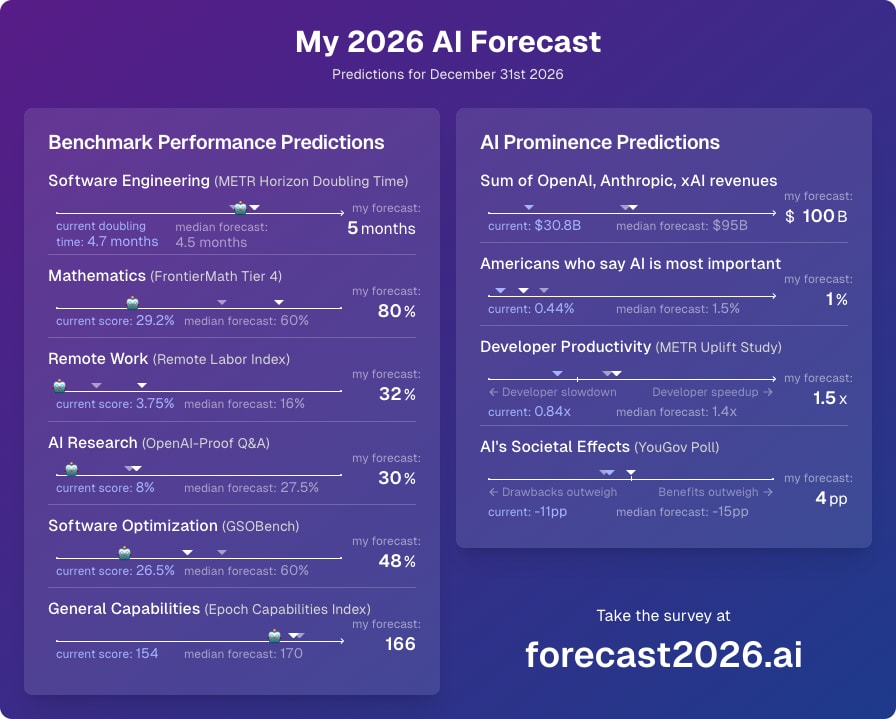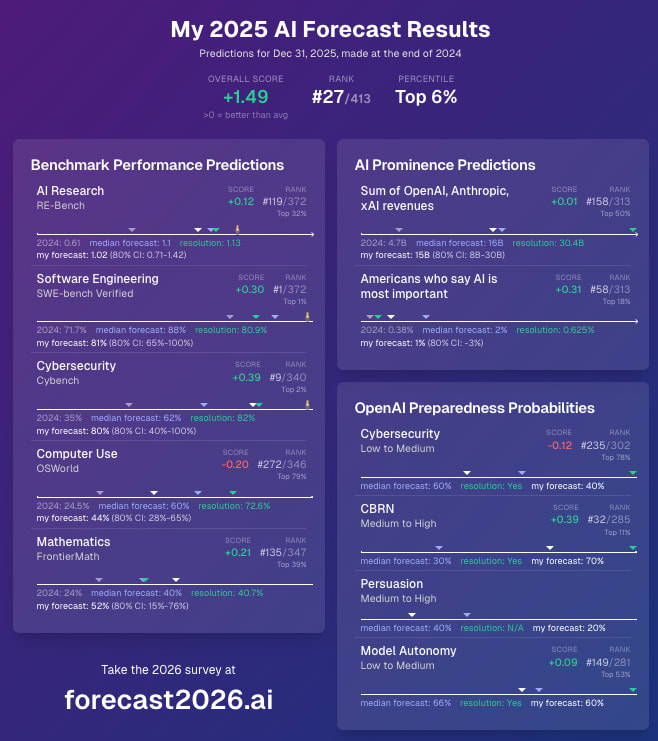Humans Are Spiky (In an LLM World)
Assessments of "general" vs "spiky" capability profiles are secretly assessments of "matches existing infrastructure" vs "doesn't". Human societies contain human-shaped roles because humans were the only available workers for most of history. Packaging tasks into human-sized, human-shaped jobs was efficient. Given LLMs, the obvious thing to do is to try to drop them into those roles, giving them the same tools and affordances humans have. When that fails to work, though, we should not immediately conclude that the failure is because LLMs are missing some "core of generality". When LLM agents become more abundant than humans, as seems likely in the very near term, the most effective shape for a job stops being human-shaped. At that point, we may discover that human capability profiles are the spiky ones.


I don't think we can confidently say that. If takeoff looks like more like a cambrian explosion than like a singleton (and that is how I would bet), that would definitely be transformative but the transformation would not be the result of any particular agent deciding what world state is desirable and taking actions intended to bring about that world state.